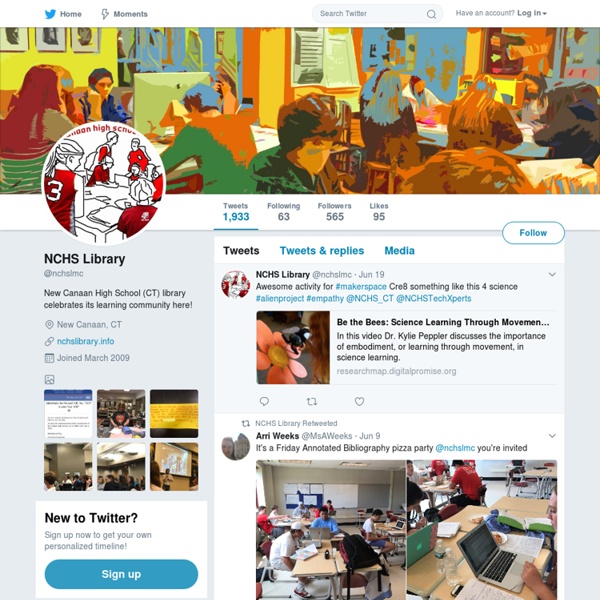



Elementary librarian to follow: @shannonmmiller The Top 8 Free/Open Source LMSs Update 10/26/16: Back by popular demand! We saw your comments and decided to incorporate the free LMSs you told us about. We’ve also upgraded our honorable mentions into full entries in order to give you better information about each one. I have a friend who once wrapped his entire body, head to toe, in tin foil. He also wrote “steak + guacamole” on himself in permanent marker, and then sauntered (in public, on public sidewalks with normal people all around) to his local burrito joint. He endured the stares, embarrassment, and giggles all for one, glorious thing: a free burrito. People will do a lot just to get something for free. I’ve collected a list of the very best freemium, totally free, and/or open source LMSs out there, and it’s all below, no enduring of awkward stares on the sidewalk required. 1. This is the gorilla in the room of open source LMSs. Moodle’s welcome screen Differentiating features Pros/cons Review it here! 2. An example of creating a lesson plan in CourseSites 3. 4. 5.
Empire State Information Fluency Continuum A new resource, called the Empire State Information Fluency Continuum, is now available thanks to the NYC School Library System. This resource emphasizes the importance of inquiry in learning and establishes information fluency standards for grades K-12, which are aligned with Common Core Learning Standards. The fusion of the two sets of standards aims to create students who are capable of absorbing and applying appropriate information to any situation. The document identifies three information literacy standards which encourage students to be thinkers, explorers, and citizens and outlines the essential steps of inquiry: connect, wonder, investigate, construct, express, and reflect. The continuum also includes grade-specific benchmarks for information skill development and sample diagrams and worksheets which may be used to assess students’ progress.
Badges for Higher Education This group is focused on finding ways badges work well in higher education. Higher learning institutions have the potential to accept badges in the admissions evaluation process as well as as issuers credentialing course content and informal learning experiences. This group explores these and a range of related issues, such as supporting disciplinary research into badges (more details). Higher Education Resources Survey Data: (2014 cycle preliminary report)Examples of digital badges in higher education: The Higher Ed working group completed its first cycle at the end of 2014, and is being reconvened under the leadership of Dan Hickey, James Willis and Carla Casilli for a second cycle as of July 2015. In addition, join the Google Group to stay up-to-date on the Higher Education Working Group.